Struggling to sleep while pregnant? You’re not alone!
From midnight kicks to non-stop bathroom trips, pregnancy turns bedtime into a comedy of interruptions. But here’s the good news: better sleep is possible.
In this blog, we’ll unpack the most common pregnancy sleep problems—like insomnia, restless legs, and heartburn. We share practical tips to help you manage those sleep killers and catch those much-needed Z’s.
Ready to take back your nights? Let’s dive in!
In this Article we will cover:
1. Insomnia: The Most Common Pregnancy Sleep Problem
Insomnia is the inability to fall asleep or stay asleep. It is the strongest sleep issue among pregnant women, affecting up to 80% at some stage. It can strike in any trimester but tends to worsen as the pregnancy progresses.

Causes of Insomnia During Pregnancy
- Hormonal Changes
The surge of progesterone during pregnancy alters the body’s internal clock, leading to disrupted sleep cycles. While progesterone can make you feel sleepy during the day, it often results in fragmented sleep at night. - Physical Discomfort
As the baby grows, finding a comfortable sleeping position becomes increasingly challenging. Back pain, pelvic pressure, and general body aches can make restful sleep elusive. Read our article about the best pregnancy sleep positions. - Frequent Urination
The expanding uterus puts pressure on the bladder, causing frequent trips to the bathroom. This can significantly disrupt sleep, especially in the later stages of pregnancy. - Anxiety and Stress
Concerns about childbirth, parenting, and overall health can elevate stress levels, making it harder to relax and drift off. Pregnant women often experience racing thoughts at bedtime, further contributing to insomnia.
Tips for Managing Insomnia during Pregnancy
- Establish a Sleep Routine: Go to bed and wake up at the same times each day.
- Use Relaxation Techniques: Try deep breathing, meditation, or a warm bath before bed.
- Create a Comfortable Sleep Environment: Use supportive pillows and keep the bedroom cool, dark, and quiet.
- Stay Active: Light exercise during the day can promote better nighttime sleep.


Tips for Managing Insomnia during Pregnancy
- Establish a Sleep Routine: Go to bed and wake up at the same times each day.
- Use Relaxation Techniques: Try deep breathing, meditation, or a warm bath before bed.
- Create a Comfortable Sleep Environment: Use supportive pillows and keep the bedroom cool, dark, and quiet.
- Stay Active: Light exercise during the day can promote better nighttime sleep.
2. Restless Legs Syndrome
Restless Legs Syndrome (RLS) is a sleep-disrupting condition that causes an irresistible urge to move the legs, often accompanied by unpleasant sensations like tingling or itching. It affects approximately 27%-30% of pregnant women, particularly in the third trimester.

Causes of RLS During Pregnancy
- Iron Deficiency
Pregnancy increases blood volume, which can lead to not having enough healthy red blood cells, a major contributor to RLS. Low iron levels are linked to disrupted nerve function, worsening the symptoms. - Hormonal Fluctuations
Shifts in hormones, particularly estrogen and progesterone, may exacerbate RLS symptoms, making evenings particularly uncomfortable.
Tips for Managing RLS for pregnant women
- Iron Supplementation: Consult your doctor about iron supplements if you are deficient.
- Stretch Before Bed: Gentle leg stretches or yoga can ease symptoms.
- Warm Baths: A warm bath before bed can relax muscles and alleviate discomfort.
- Avoid Triggers: Limit caffeine intake and avoid sitting for prolonged periods.


Tips for Managing RLS for pregnant women
- Iron Supplementation: Consult your doctor about iron supplements if you are deficient.
- Stretch Before Bed: Gentle leg stretches or yoga can ease symptoms.
- Warm Baths: A warm bath before bed can relax muscles and alleviate discomfort.
- Avoid Triggers: Limit caffeine intake and avoid sitting for prolonged periods.
3. Obstructive Sleep Apnea: Interrupted Breathing
Obstructive Sleep Apnea (OSA) occurs when the airway becomes partially or completely blocked during sleep. This can cause breathing interruptions. This condition affects about 1 in 5 pregnant women and often goes undiagnosed, despite its potential risks.

Causes of OSA During Pregnancy
- Weight Gain
Increased body weight during pregnancy can place extra pressure on the airway, making it more prone to collapse during sleep. - Nasal Congestion
Hormonal changes can lead to swollen nasal passages, further restricting airflow and worsening OSA symptoms.
Tips for Managing OSA during pregnancy
- Consult a doctor: If you are experiencing loud snoring, choking, or frequent awakenings you should seek medical advice promptly. Untreated OSA is linked to serious health complications.
- Elevate Your Head: Sleep with your head slightly elevated to improve airflow.
- Sleep on Your Side: Side sleeping reduces the risk of airway blockage. Read more about the best pregnancy sleep positions.
- Address Nasal Congestion: Use a saline spray or humidifier to ease breathing.


Tips for Managing OSA during pregnancy
- Consult a doctor: If you are experiencing loud snoring, choking, or frequent awakenings you should seek medical advice promptly. Untreated OSA is linked to serious health complications.
- Elevate Your Head: Sleep with your head slightly elevated to improve airflow.
- Sleep on Your Side: Side sleeping reduces the risk of airway blockage. Read more about the best pregnancy sleep positions.
- Address Nasal Congestion: Use a saline spray or humidifier to ease breathing.
4. Gastroesophageal Reflux/ Acid Reflux
Gastroesophageal Reflux Disease (GERD), commonly known as acid reflux, is a frequent complaint during pregnancy. Hormonal changes and the physical growth of the uterus contribute to GERD, which can disrupt sleep with symptoms like nighttime heartburn and discomfort.

Causes of GERD During Pregnancy
- Hormonal Relaxation of the Esophageal Sphincter
Pregnancy hormones, especially progesterone, relax the muscle that prevents stomach acid from flowing back into the esophagus. - Physical Pressure from the Growing Uterus
As the baby grows, the uterus presses against the stomach, increasing the likelihood of acid reflux, particularly when lying down.
Tips for Managing GERD
- Adjust Sleeping Position: Elevate your head with extra pillows.
- Modify Meals: Avoid spicy, acidic, or heavy meals before bed.
- Eat Smaller Meals: Opt for smaller, more frequent meals throughout the day.
- Stay Upright After Eating: Avoid lying down for at least 2-3 hours after meals.


Tips for Managing GERD
- Adjust Sleeping Position: Elevate your head with extra pillows.
- Modify Meals: Avoid spicy, acidic, or heavy meals before bed.
- Eat Smaller Meals: Opt for smaller, more frequent meals throughout the day.
- Stay Upright After Eating: Avoid lying down for at least 2-3 hours after meals.
5. Vivid Dreams and Nightmares
Pregnant women often report unusually vivid dreams or nightmares, especially in the third trimester. These intense dream patterns are linked to hormonal changes and heightened anxiety as the due date approaches.

Why Pregnancy Triggers Intense Dreams
- Hormonal Changes
Elevated hormone levels can affect brain activity during sleep, increasing dream vividness and emotional intensity. - Heightened Anxiety
Concerns about labor, parenting, and the baby’s health can influence the subconscious, making dreams more dramatic or unsettling.
Tips for Managing Dreams and Nightmares while pregnant
- Keep a Dream Journal: Writing down dreams can help process and reduce their emotional impact.
- Practice Relaxation: Calming activities like meditation or prenatal yoga can promote mental clarity.
- Create a Soothing Routine: Incorporate calming bedtime rituals, such as listening to soft music or reading.
- Seek Support: Talk about your worries with a partner, friend, or therapist to alleviate anxiety.


Tips for Managing Dreams and Nightmares while pregnant
- Keep a Dream Journal: Writing down dreams can help process and reduce their emotional impact.
- Practice Relaxation: Calming activities like meditation or prenatal yoga can promote mental clarity.
- Create a Soothing Routine: Incorporate calming bedtime rituals, such as listening to soft music or reading.
- Seek Support: Talk about your worries with a partner, friend, or therapist to alleviate anxiety.
6. Increased Baby Activity
As pregnancy progresses into the third trimester, many mothers-to-be notice an increase in nighttime fetal activity. Babies tend to be most active when mothers are trying to rest, often making sleep elusive.
Fetal movements, such as kicks and stretches, can wake mothers up or make it difficult to find a comfortable position. The pressure from the baby’s movements may also intensify physical discomfort, such as back pain or pelvic pressure, further disrupting sleep.

Tips for Managing Increases Baby activity at night
- Sleep on Your Left Side: This position improves circulation and reduces uterine pressure.
- Use a Pregnancy Pillow: A supportive pillow can cradle the belly and relieve joint discomfort.
- Stick to a Routine: Consistent bedtime habits can help regulate both your body and your baby’s activity levels.
- Engage in Daytime Activity: Gentle daytime exercise may encourage the baby to settle during the night.
Conclusion

Sleep disturbances during pregnancy are a common but manageable challenge.
By understanding the causes and implementing practical strategies—such as adjusting sleep positions, creating a calming bedtime routine, and seeking medical advice when necessary—pregnant women can improve their sleep quality and better navigate this transformative stage of life.
Remember, every pregnancy is unique. If sleep problems persist or significantly affect your daily life, don’t hesitate to reach out to your healthcare provider for personalized advice and support. Rest is vital for you and your baby, so take the steps needed to make it a priority. Sweet dreams await!



